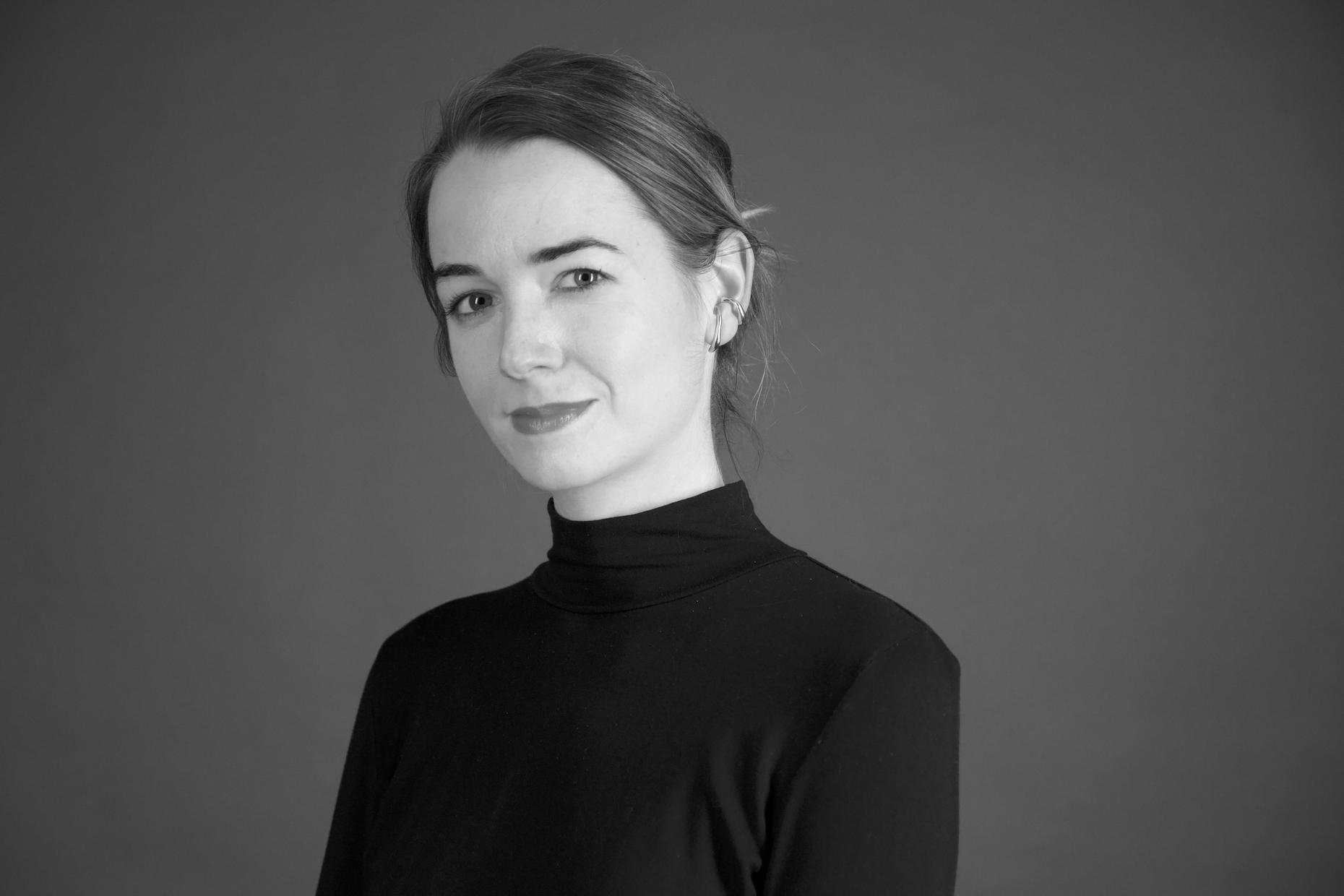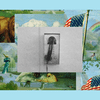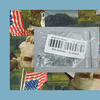Katherine Wells is the executive producer of podcasts at The Atlantic.
She's also done work with The New Yorker Radio Hour, Radiolab's More Perfect, Freakonomics Radio, and Gimlet Media's Every Little Thing.
Katherine Wells appears in the following:
The 50-Square-Mile Zone Where the Constitution Doesn't Apply
Thursday, May 26, 2022
Deep in Yellowstone National Park, Mike Belderrain stumbled into an area where, technically, the law couldn’t touch him.
Teenage Life After Genocide
Thursday, May 12, 2022
The Experiment revisits the story of Aséna Tahir Izgil, a Uyghur teen adjusting to life in the U.S. after escaping China’s genocide of her people.
Should We Return National Parks to Native Americans?
Thursday, April 14, 2022
The Experiment revisits a conversation with the Ojibwe writer David Treuer, who believes we can make our national parks, sometimes called “America’s best idea,” even better.
The Missing Boater
Friday, April 01, 2022
A note discovered in Dick Conant’s overturned canoe read, “I’m not good @ everything. I’m good @ long-distance canoe.” Ben McGrath on the story of a man and his boat.
El Sueño de SPAM
Thursday, February 17, 2022
Thirty years after the Hormel strike, a mysterious disease spreads among SPAMtown’s new workforce.
Uncle SPAM
Thursday, February 03, 2022
In World War II, the American Dream was exported across the world, one SPAM can at a time.
Is There Justice in Felony Murder?
Thursday, December 02, 2021
In April, The Experiment explored a legal principle that disproportionately puts youth of color and women behind bars. But is it the only way to hold police accountable when they kill?
A Friend in the Execution Room
Thursday, November 11, 2021
The Experiment revisits our March conversation with Yusuf Ahmed Nur, a Somali immigrant and business professor who volunteered to witness the U.S. government execute someone.
Who Would Jesus Mock?
Thursday, October 14, 2021
The Atlantic’s Emma Green sits down with the editor-in-chief of Christian satire site the Babylon Bee to talk about mockery and the line between making fun and doing harm.
The True Cost of Prison Phone Calls
Thursday, October 07, 2021
Phone-call fees from incarcerated people generate millions of dollars for states, but children pay the price.
The Original Anti-Vaxxer
Thursday, September 23, 2021
Where does bodily autonomy end and our duty to others begin? In March, The Experiment considered one answer, the story of a 1905 Supreme Court case about government-mandated vaccines.
The Unwritten Rules of Black TV
Thursday, September 16, 2021
The short, uneven history of Black representation on television—from Julia to The Cosby Show to today’s “renaissance.”
What 9/11 Did to One Family
Thursday, September 09, 2021
Grief, conspiracy theories, and a family’s search for meaning in the two decades since the attacks.
A Uyghur Teen’s Life After Escaping Genocide
Thursday, August 19, 2021
The Uyghur refugee Aséna Tahir Izgil escaped the genocide of her people in China. Now she’s trying to be a teenager in America.
Can America See Gymnasts for More Than Their Medals?
Thursday, August 12, 2021
USA Gymnastics has been undergoing a reckoning over widespread abuse. The Atlantic's Emma Green asks former gymnast Rachael Denhollander whether the sport can shake off that grim legacy.
Why Can’t We Just Forget the Alamo?
Thursday, August 05, 2021
The Texan writer Bryan Burrough set out to debunk the myth of the Alamo, only to find himself igniting a fierce ideological battle over the state's founding legend.
The Myth of the ‘Student Athlete’
Thursday, July 29, 2021
The NCAA was created to protect students, so why have some student athletes gone hungry while their schools have earned millions?
The Hate-Crime Conundrum
Thursday, July 22, 2021
After 50 years of hate-crime legislation in the U.S., hate-motivated violence is once again on the rise. So where did we go wrong?
The Great Seed Panic of 2020
Thursday, July 15, 2021
Last summer, home deliveries of unsolicited Chinese seeds sent Americans into a panic. Writer Chris Heath has discovered an explanation that many, including the USDA, don’t believe.




















